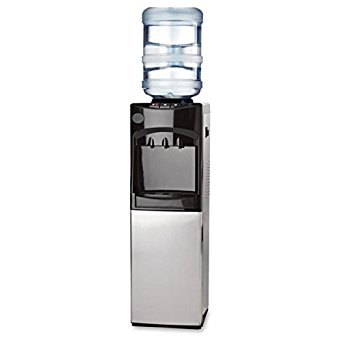The spell control water says:
Until the spell ends, you control any freestanding water inside an area you choose that is a cube up to 100 feet on a side.
I understand what "standing water" is:
any body of stagnant water, including puddles, ponds, rainwater, drain water, reservoirs etc — Collins English Dictionary
and I understand what "freestanding" means:
standing apart; not attached to or supported by another object — Collins English Dictionary
but I have no idea what "freestanding water" is supposed to be. If you search for the phrase, you mainly will find...
... "freestanding water coolers", which I'm rather certain isn't the intent.
Basically, the sense of the word "standing" in the word "freestanding" is not the same as the sense in "standing water" — in fact, water can't be "standing" in that sense at all unless it is frozen, or otherwise already magically shaped.
So, is this odd wording meant to indicate:
- water not in a container,
- a self-contained body of water,
- water which is not flowing,
- or something else entirely?
If it's "must be self-contained", how self contained? Like, must it fit entirely within the 100-foot cube area limit of the spell? That seems contradicted by the Flood option, which says "If you choose an area in a large body of water...".
And "it must be standing water" can't be it, because Redirect Flow directly contradicts that idea, with "You cause flowing water in the area to move...".
Given that, I'm inclined to guess "not in a container" (or, you know, "not part of the blood and stuff comprising a creature"). But if that's the case, what about a large bowl or basin? Does "freestanding" mean "not in a closed container"? That seems like the only logical thing left in context, but doesn't exactly emerge from just reading the words.

